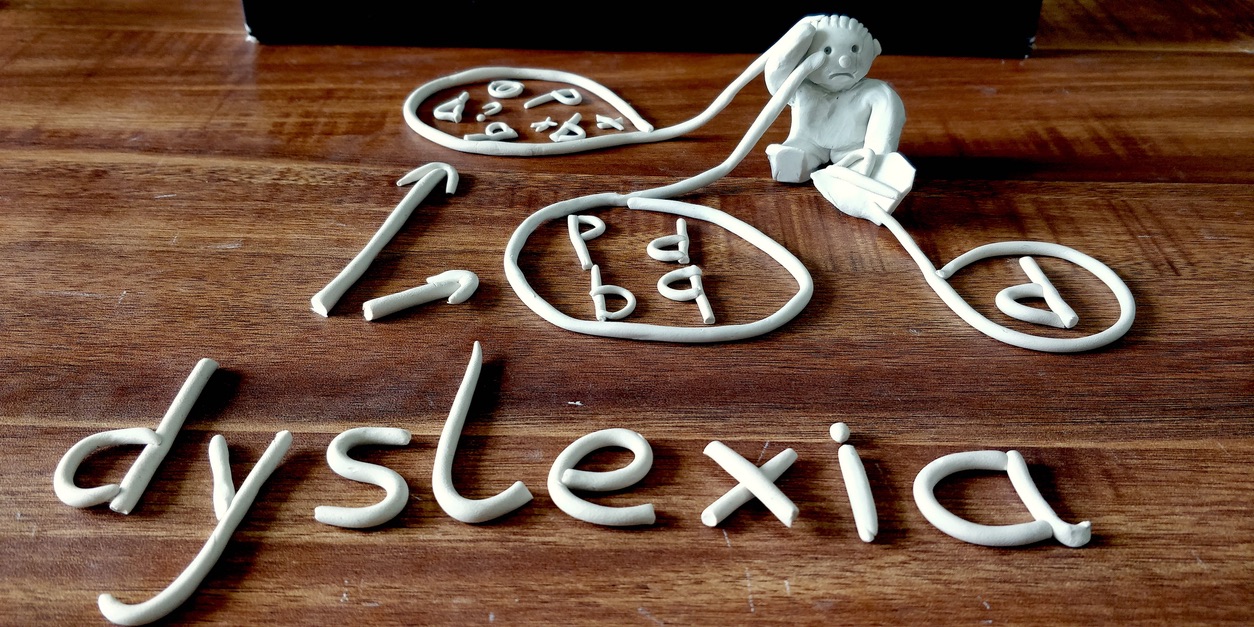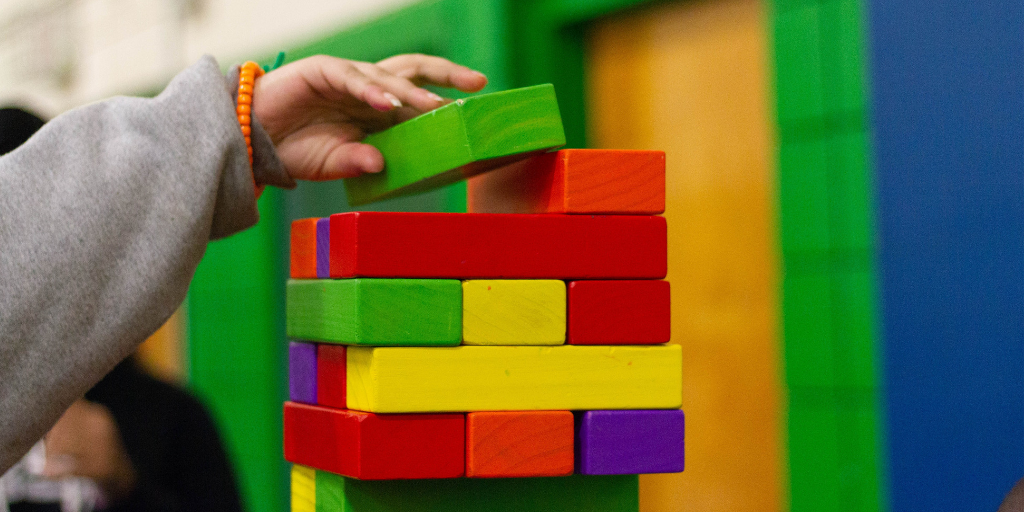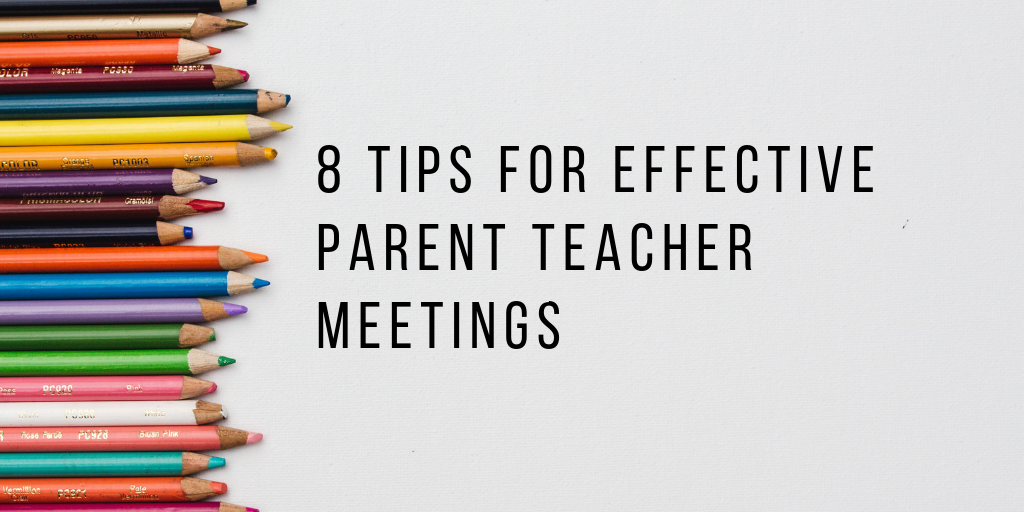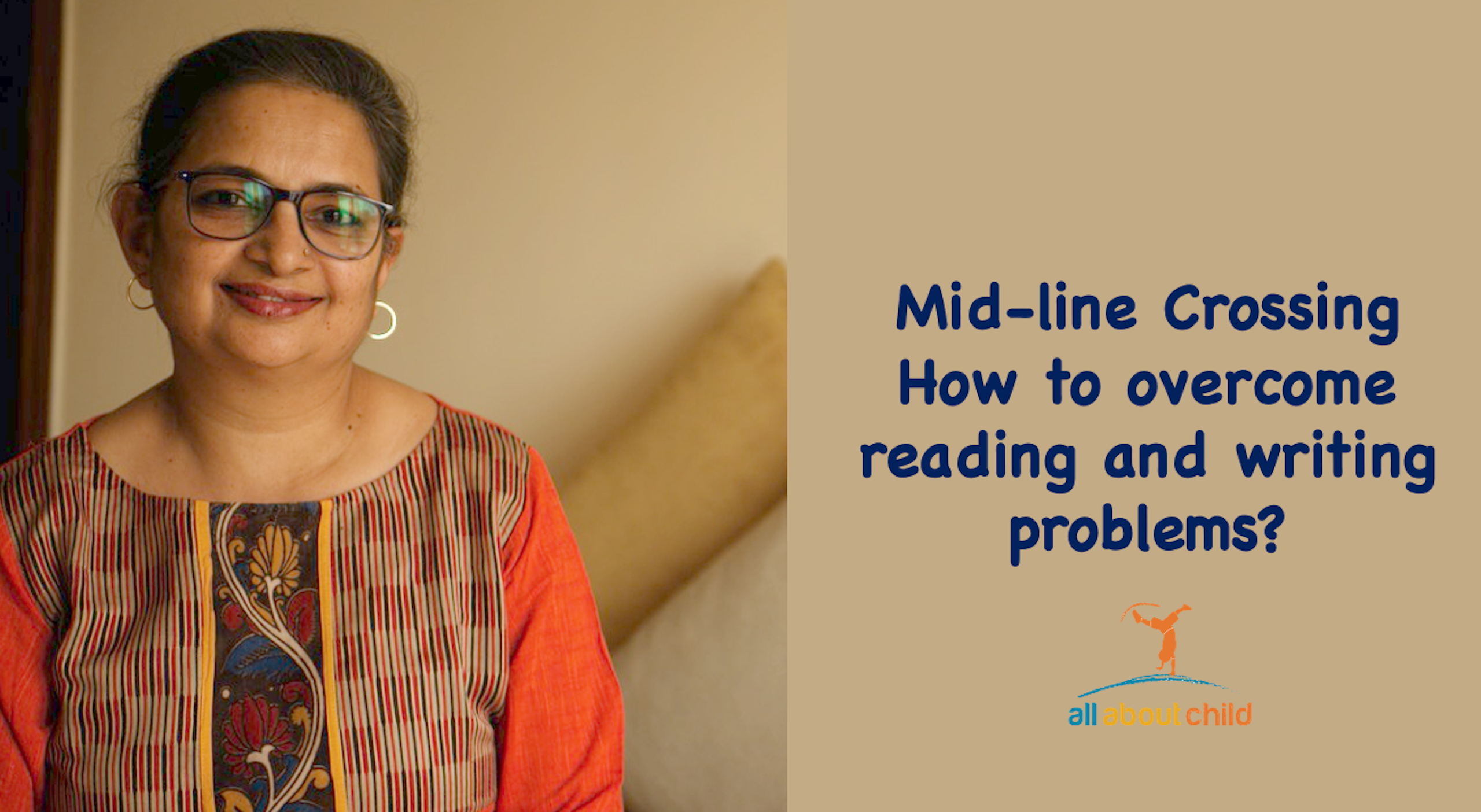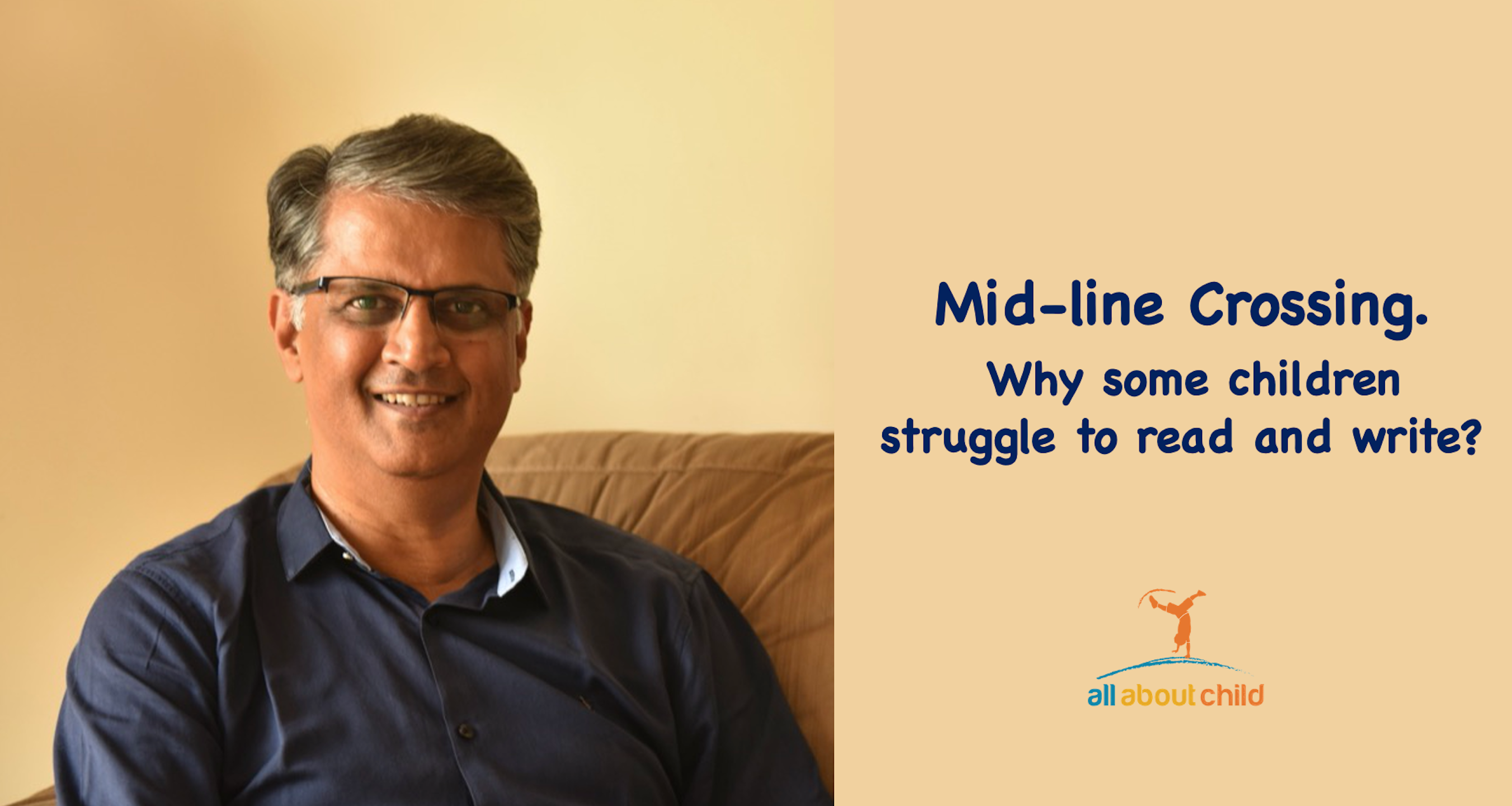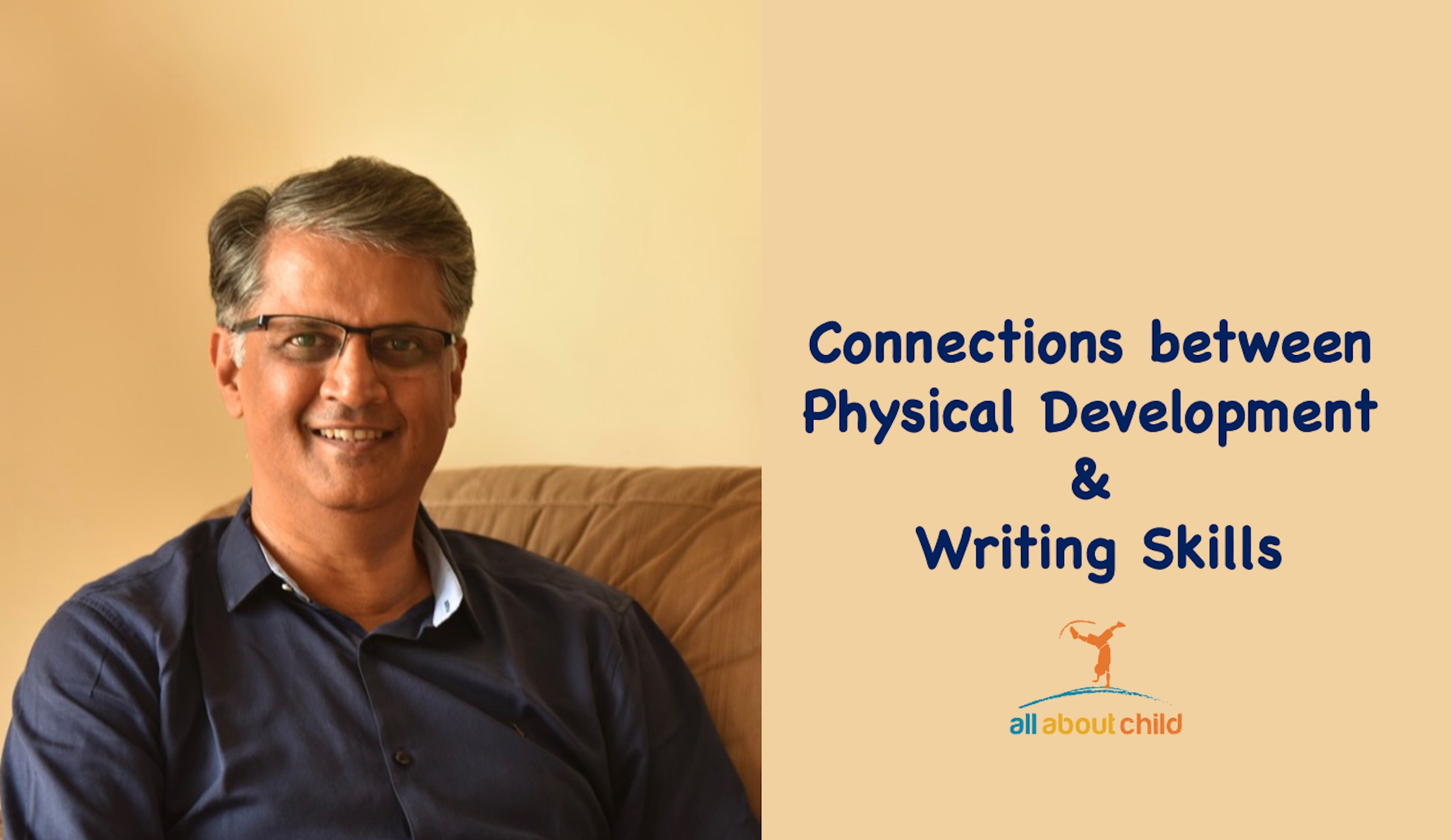Most parents are concerned and confused when their children struggle in school. These children begin school in the early years with good performance, but as they progress into higher classes, their grades start to fall, and parents are left wondering what happened and how to deal with it effectively. Often, it is a nightmare for parents to attend parent-teacher meetings. Mostly, these children are referred to as lazy, not focused, dull, has the ability but is not trying hard enough etc., etc. The very same children may be perfect at some other tasks. Over some time, these children lose self-confidence and eventually impacts their mental health.
Most teachers and schools recognise that there is something wrong with these children but fail to identify the cause and help them to overcome their difficulties. As a result, teachers neglect these children in the classroom. These children get promoted to the higher classes where the problems will amplify. Attending school for these children is a nightmare.
Is there a solution? The answer is yes. Parents and teachers need to understand that children struggle academically for numerous reasons, but children can overcome their struggles through professional help. These difficulties are called “Learning Difficulties”.
Children with Learning Difficulties struggle because their brains are wired differently. In simple words, these children learn differently; hence they have to be taught differently. These children will have to be equipped with tools and techniques to pick up concepts. The real issues with learning are not with the children. The real issues are with teaching. Most teachers are trained to teach neuro-typical children and not children who are neuro-diverse.
Parents, teachers and schools should recognise that children with Learning Difficulties are intelligent with strong cognitive skills but struggle only in specific areas. Common learning disabilities are visual-spatial perceptions, short-term memory problems, poor organisation skills and auditory processing deficit, which is an inability to take in information properly through the eyes and ears. Another common Learning Difficulty is dyslexia where children have difficulty learning to read because they struggle to decode and encode words that are done with ease by other children.
It is the responsibility of every parent and teacher to recognise Learning Difficulties in children, assist them with professional help and equip them with the necessary tools to overcome the Learning Difficulties. It is a massive dis-service to the teaching profession if these children are left behind. Detecting Learning Difficulties early through a thorough evaluation and the right intervention will help children to adjust quickly and achieve academic success.
Parents and Teachers can look for the following red flags.
Red Flags to look for[i]:
In preschool:
- Communication problems, such as slow language development, difficulty with speech, problems understanding what is being said or in communicating thoughts.
- Poor motor coordination and uneven motor development, such as delays in learning to walk, recognising colour, and/or use scissors.
- Problems with memory, routine, and multiple instructions.
- Delays in socialisation, including interacting with other children.
Primary/ Middle/ High School:
- Problems with rapid letter recognition and with recognising familiar words by sight. Difficulties learning phonemes (units of sound) and sounding out words.
- Problems forming letters and numbers. Later, problems with basic spelling and grammar.
- Difficulties learning math skills and doing math calculations.
- Difficulty remembering facts.
- Difficulty organising materials (notebook, papers), information, and/or concepts. Losing or forgetting material or doing work and forgetting to turn it in.
- Not understanding oral instructions. Difficulty expressing oneself.
Once
these red flags are observed a professional evaluation is very important. This
evaluation will serve as a roadmap for the intervention by a special needs
educator.
[i] https://www.additudemag.com/could-it-be-a-learning-disability/

